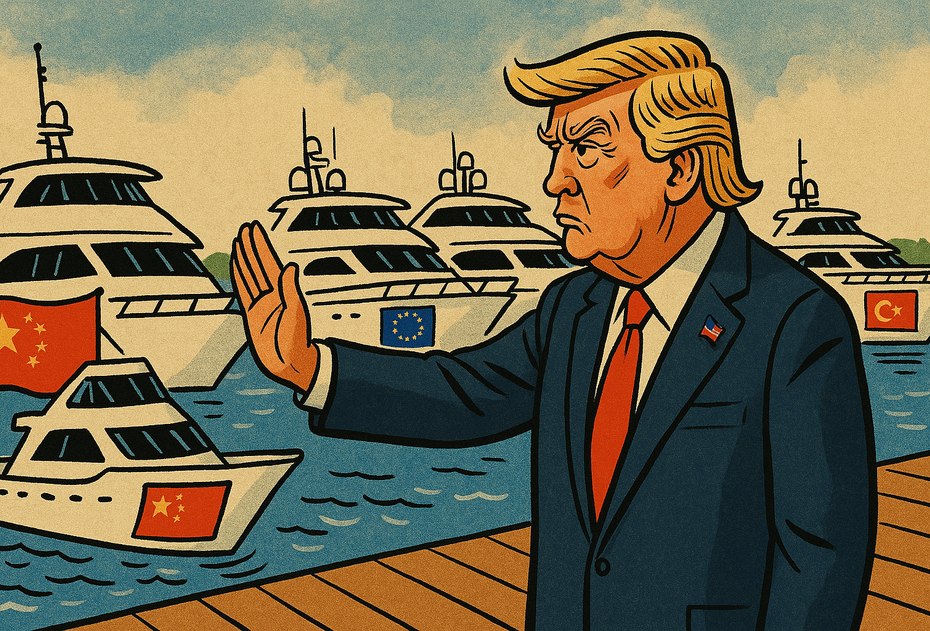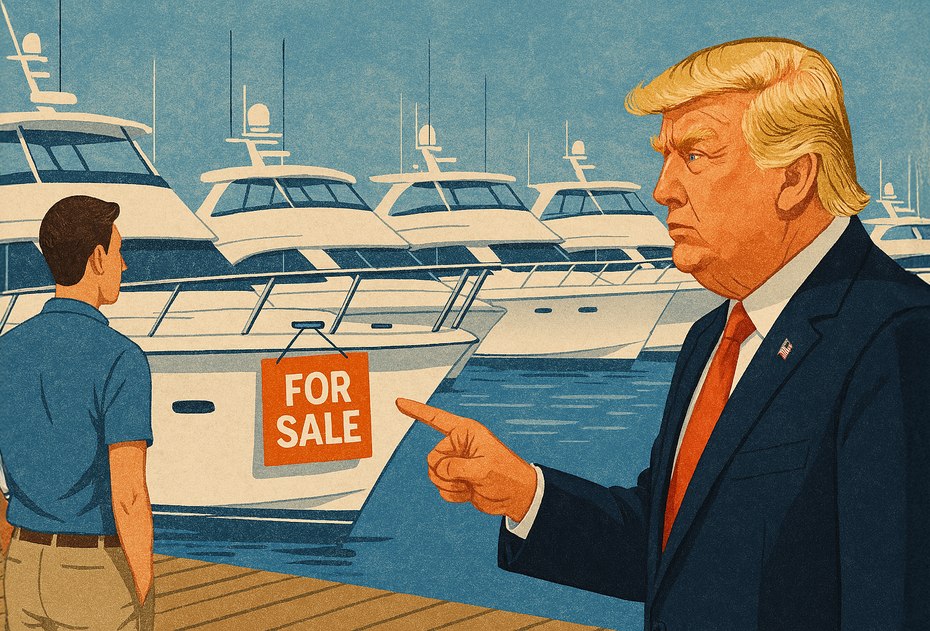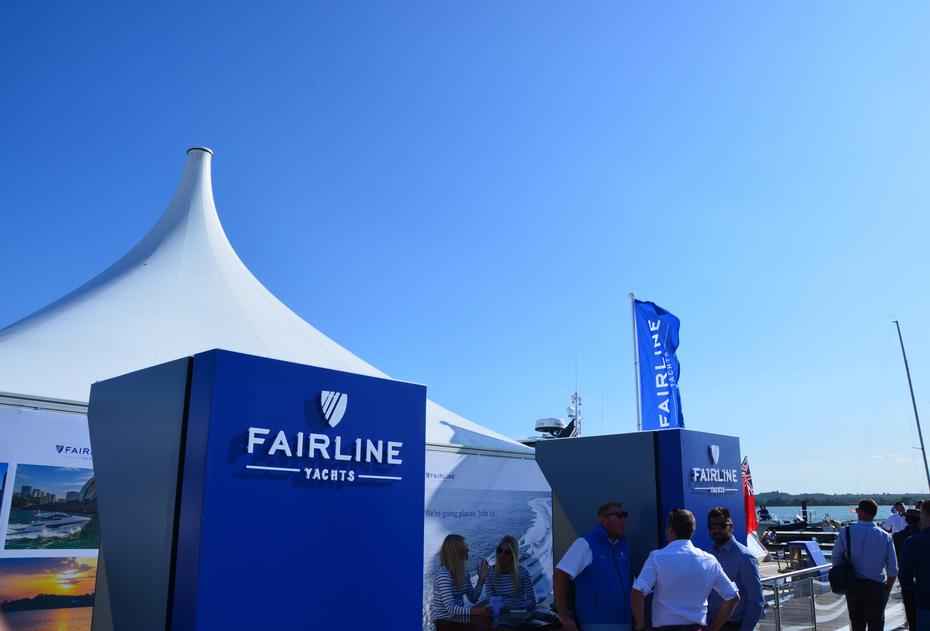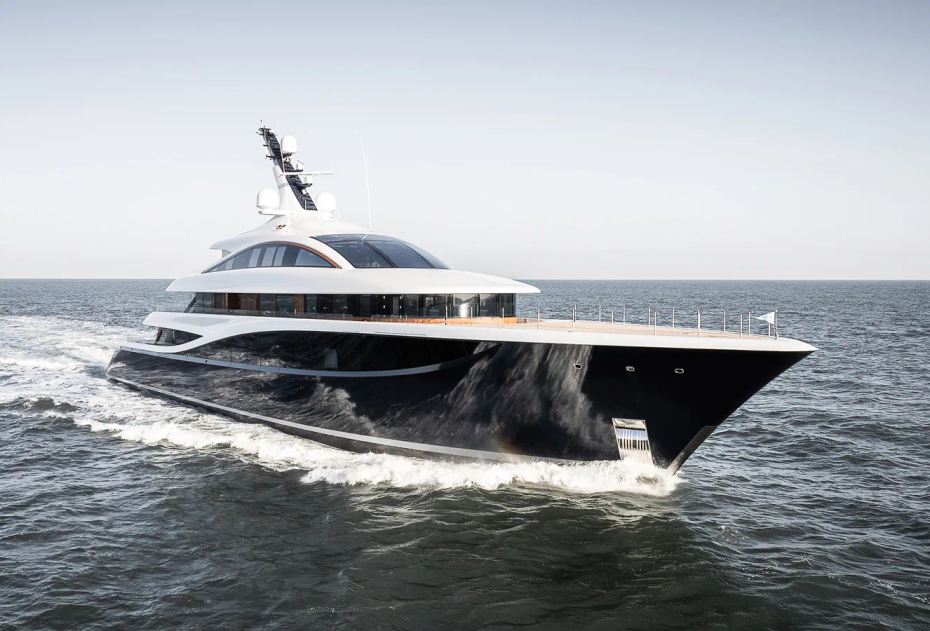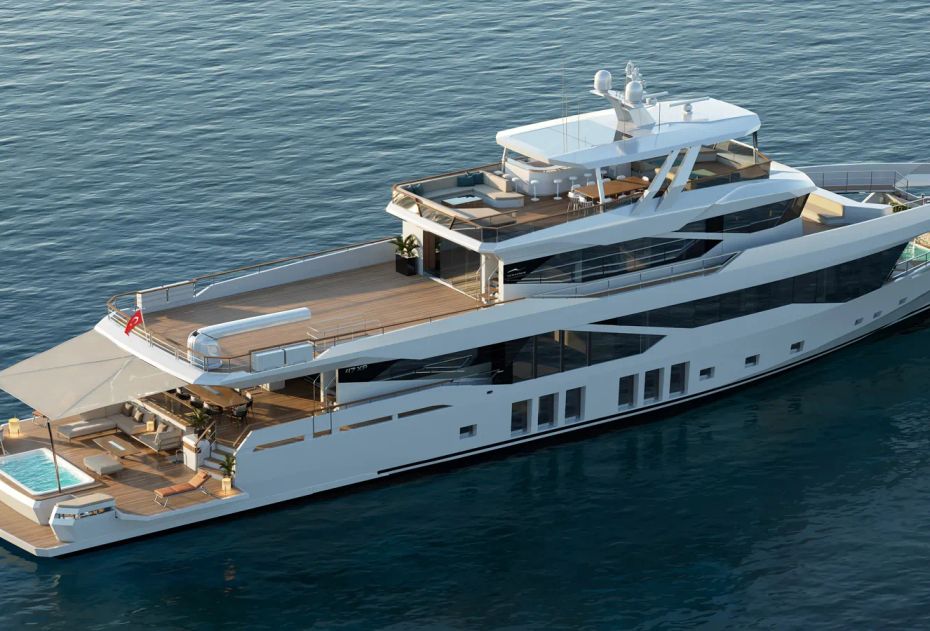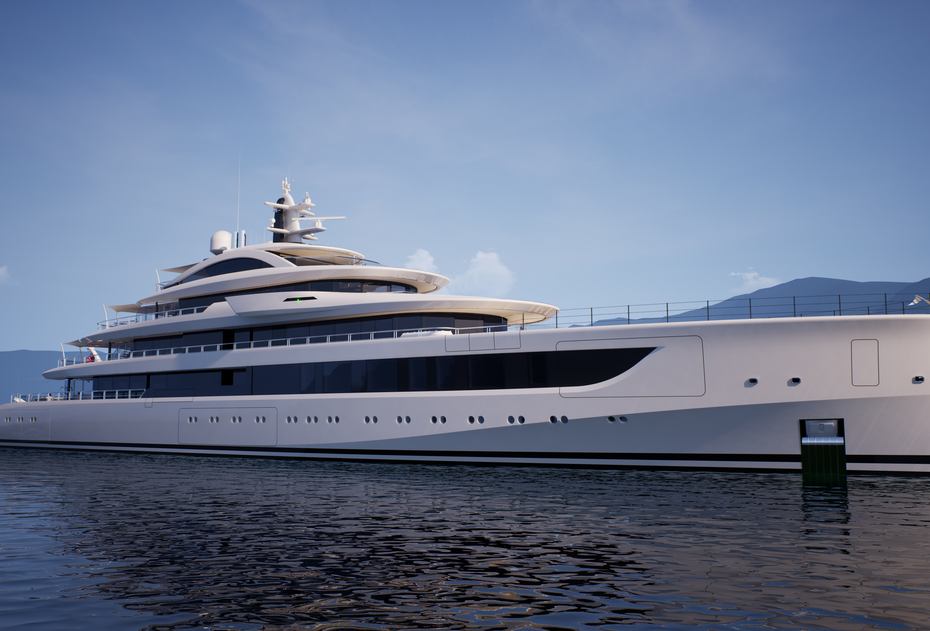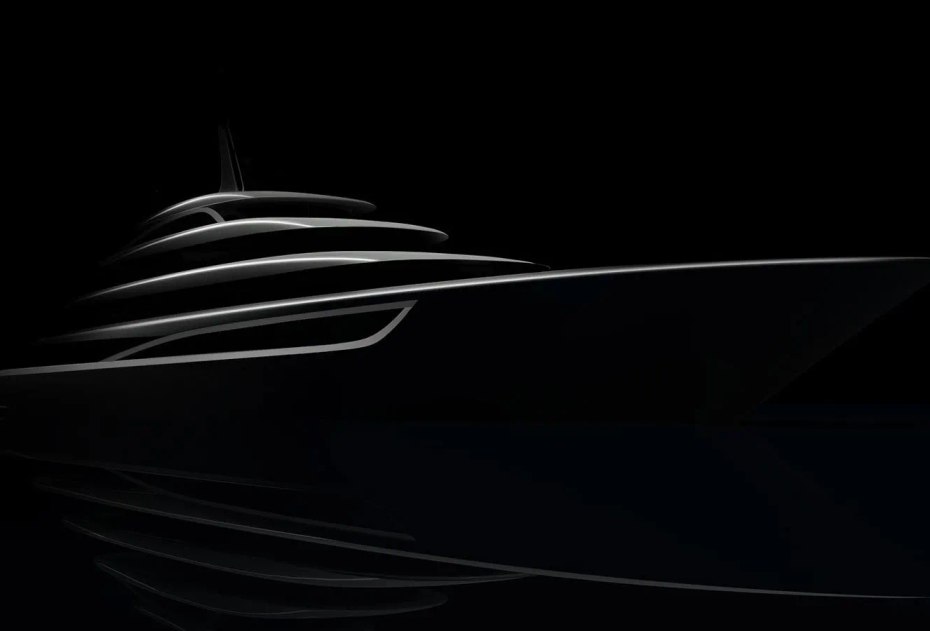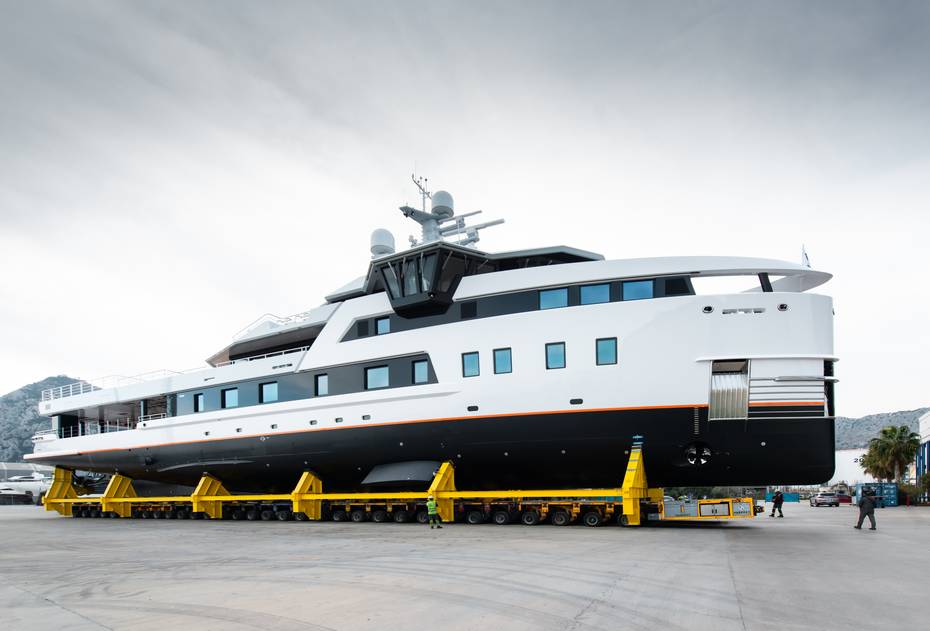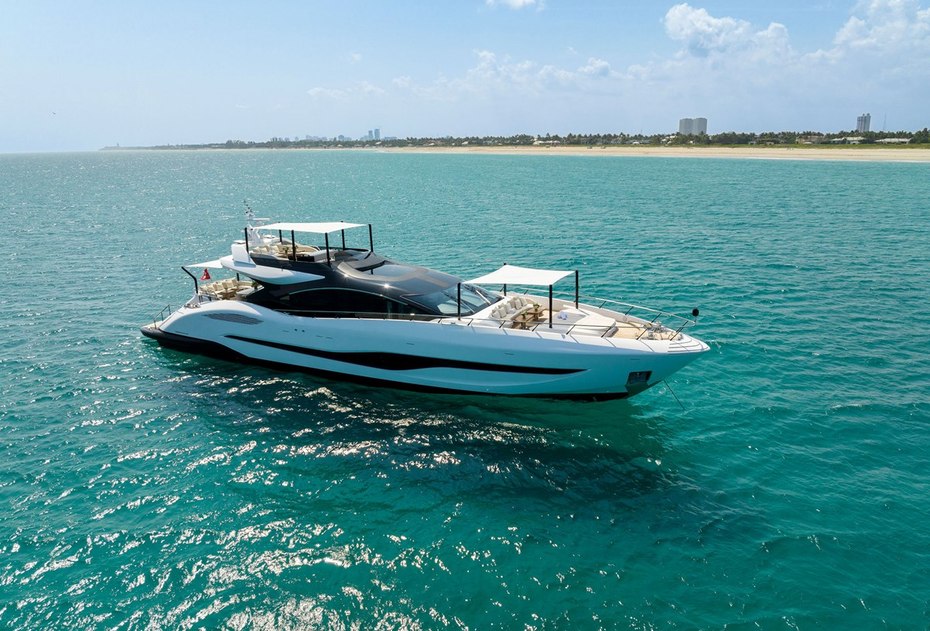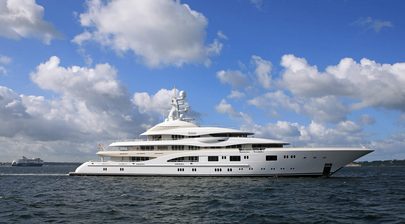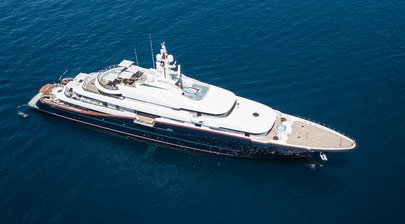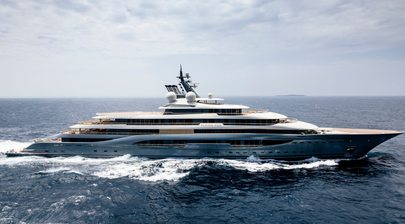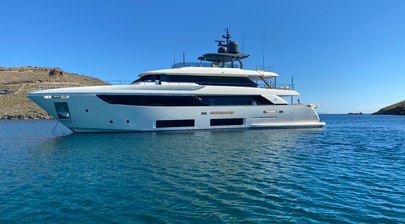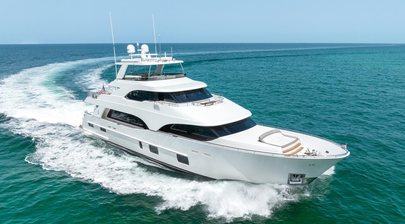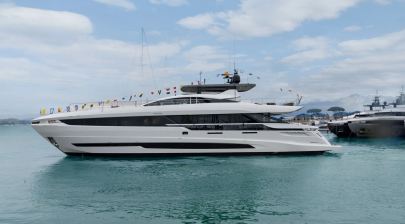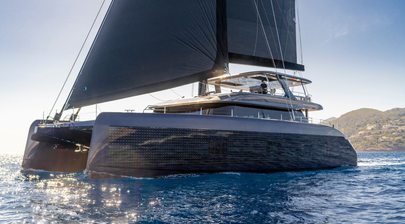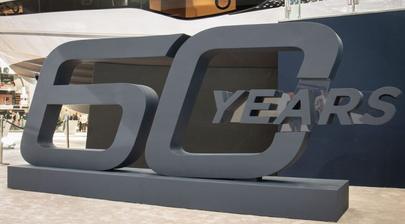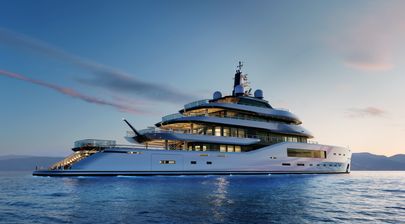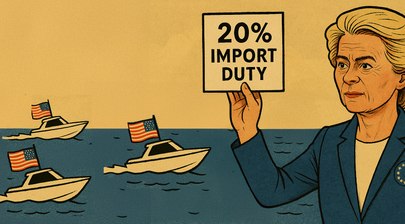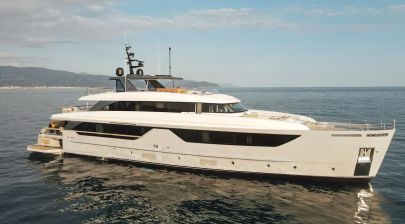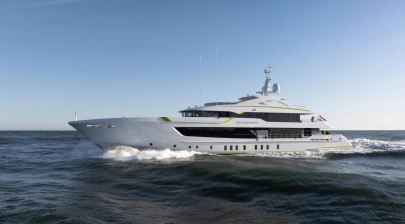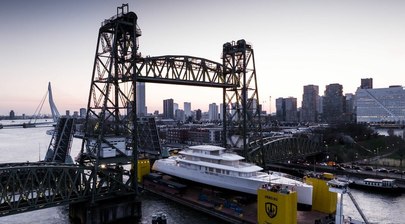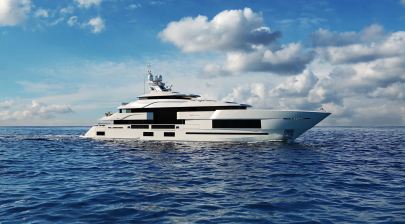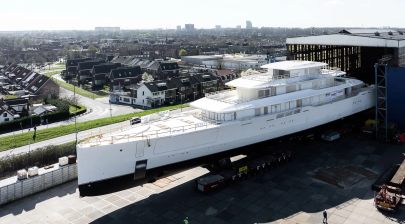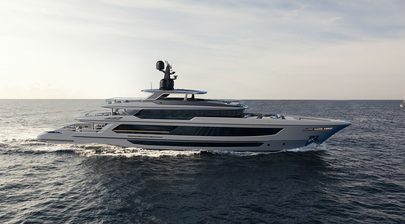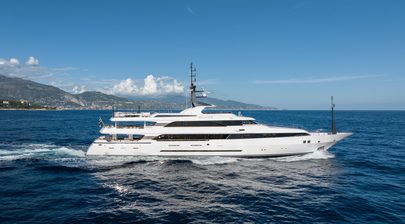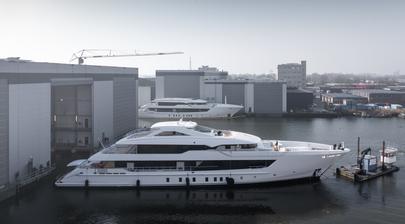This case examines the constitutionality of the Antiguan government's seizure and subsequent sale of the vessel, with Yulia Guryeva-Motlokhov, daughter of Russian oligarch Andrey Guryev, asserting ownership and challenging the legality of the government's actions.
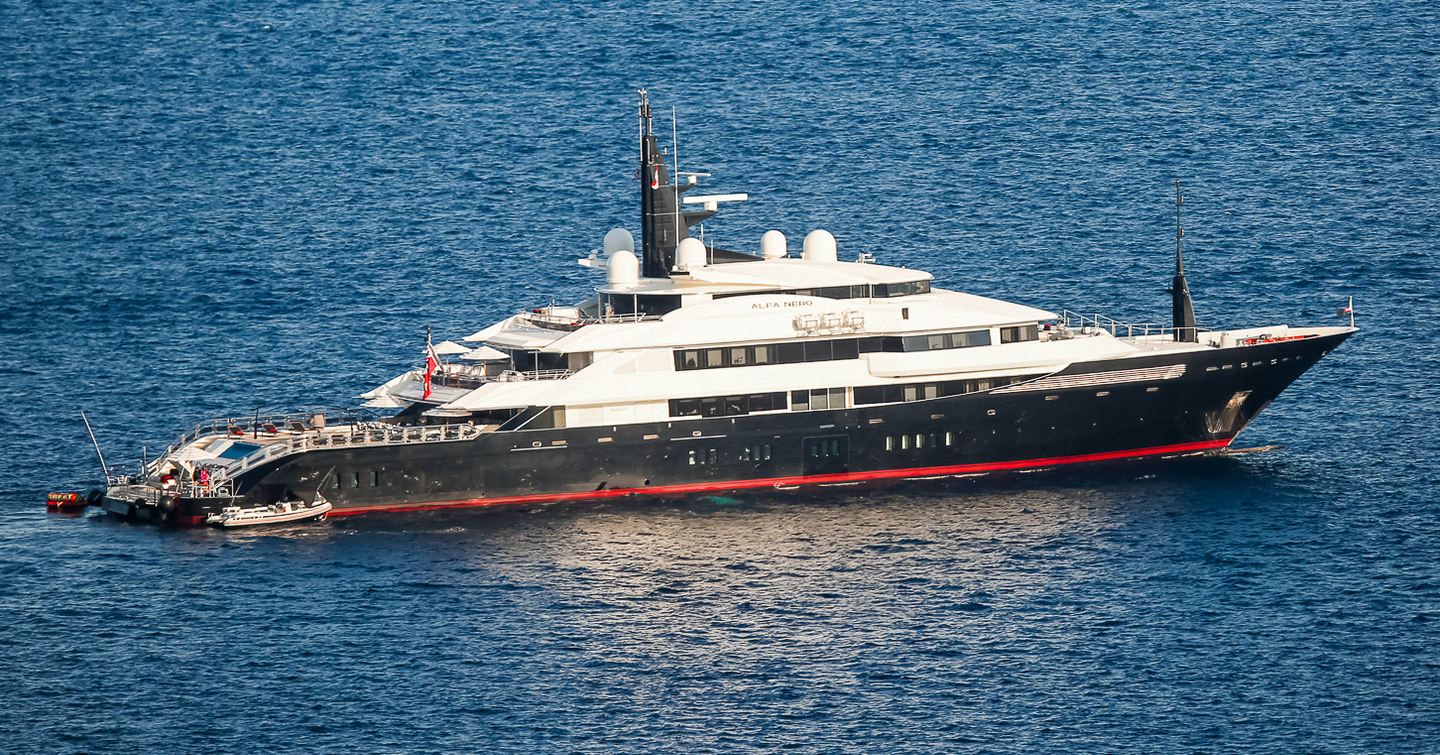
The 82m motor yacht Alfa Nero, originally valued at over $100 million was anchored in Antigua's Falmouth Harbour for nearly two years before its seizure. In April 2023, the Antiguan government took possession of the superyacht, citing concerns that it had been abandoned and posed environmental and security risks. This action was facilitated by the enactment of the Port Authority (Amendment) Act 2023, granting the government authority to assume possession of vessels deemed abandoned or hazardous.
Subsequently, the government put Alfa Nero up for auction, with proceeds reportedly intended to address state debts. However, complications arose during the sale process. The initial highest bidder, Eric Schmidt, former CEO of Google, withdrew his offer, prompting legal action from second-highest bidder Warren Halle, who accused the auction of procedural irregularities.
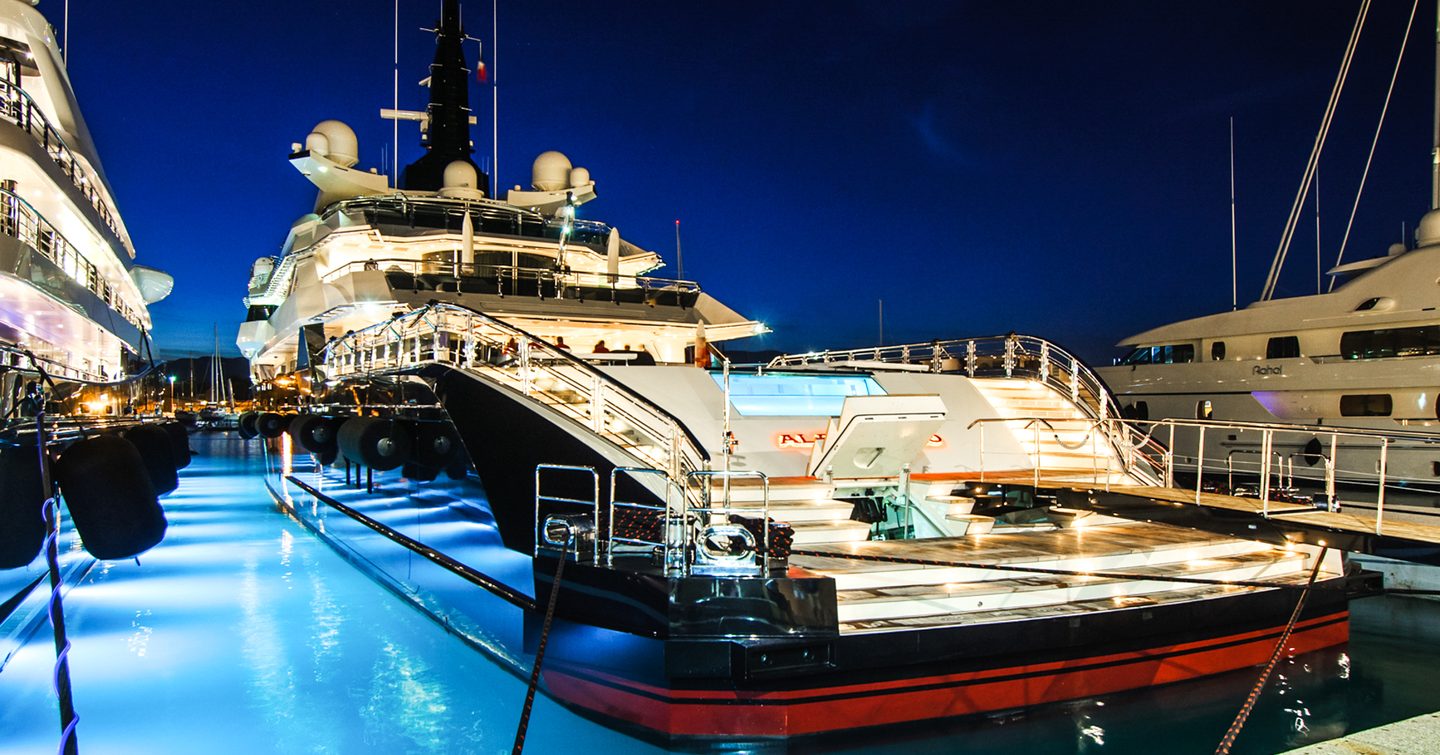
The Court of Appeal dismissed the claim of my client, but it held that she has a serious case as far as the constitutionality of the Port Authority Amendment Act 2023 was concerned, and it was not a frivolous case as the government has suggested.
Attorney for Yulia Guryeva-Motlokhov
Legal Challenges by Guryeva-Motlokhov
The protracted legal battle over the superyacht Alfa Nero has been marked by significant developments and statements from involved parties. In November 2023, the Court of Appeal dismissed an injunction application by Yulia Guryeva-Motlokhov, daughter of Russian oligarch Andrey Guryev, who sought to prevent the sale of the yacht. Her attorney, Dr. David Dorsett, expressed disappointment but noted that the constitutional challenge to the Port Authority (Amendment) Act 2023 remains active. He stated, "The Court of Appeal dismissed the claim of my client, but it held that she has a serious case as far as the constitutionality of the Port Authority Amendment Act 2023 was concerned, and it was not a frivolous case as the government has suggested."
Her legal team argues that the yacht was never abandoned and that the government's actions violated constitutional protections against deprivation of property.
Comparative Analysis: Seizure of Russian-Owned Yachts Under Sanctions
The Alfa Nero case is part of a broader pattern of actions taken against assets linked to Russian oligarchs following international sanctions imposed due to geopolitical tensions. Several high-profile yachts have been seized under varying legal frameworks:
M/Y Tango: Owned by sanctioned Russian oligarch Viktor Vekselberg, the 255-foot Feadship superyacht Tango was seized in Spain in April 2022 at the request of the United States. The U.S. Department of Justice acted under the International Emergency Economic Powers Act (IEEPA), alleging violations including money laundering and sanctions evasion. The seizure was executed through international cooperation, with Spanish authorities enforcing a U.S. court order.
M/Y Amadea: The 348-foot Lurssen superyacht Amadea, linked to sanctioned Russian oligarch Suleiman Kerimov, was seized in Fiji in May 2022 following a U.S. request. The U.S. pursued civil forfeiture on grounds of sanctions evasion and money laundering, with the Fijian government cooperating under mutual legal assistance treaties.
M/Y Phi: Detained by the United Kingdom in March 2022, the 58.5-meter Royal Huisman superyacht PHI, owned by Russian businessman Sergei Naumenko, was seized under UK sanctions related to the Russian invasion of Ukraine. The UK Department for Transport, in collaboration with the National Crime Agency and Border Force, enforced the detention, marking the first instance of UK sanctions being applied to a ship
Legal Frameworks and Procedural Differences
The seizure of Russian-owned yachts has been conducted under various legal frameworks, reflecting differences in national laws and international cooperation:
United States: Utilizes the IEEPA to block assets of designated foreign persons. Seizures are often executed through civil forfeiture proceedings, requiring proof of violations such as sanctions evasion or money laundering. International cooperation is sought through mutual legal assistance treaties, as seen in the cases of Tango and Amadea.
United Kingdom: Applies sanctions under domestic legislation, such as the Sanctions and Anti-Money Laundering Act 2018. The detention of Phi was executed by the Department for Transport, with legal challenges addressed in UK courts. The High Court upheld the detention, emphasizing the government's broad discretion in foreign policy matters.
Antigua and Barbuda: Enacted the Port Authority (Amendment) Act 2023 to address vessels deemed abandoned or hazardous. The seizure of Alfa Nero was conducted under this domestic legislation, with subsequent legal challenges focusing on constitutional protections against deprivation of property.
Current Status and Anticipated Hearing
As of November 2024, the High Court has heard arguments from both Guryeva-Motlokhov and Flying Dutchman Overseas Limited, another claimant, regarding the constitutionality of the government's actions. The court's decision, expected in February 2025, will be crucial in determining the legality of the seizure and sale of the Oceanco motor yacht Alfa Nero.
Implications
This case underscores the complex legal and constitutional issues arising from government actions to seize assets linked to sanctioned individuals. The forthcoming High Court decision will not only impact the parties directly involved but may also set a precedent for how similar cases are handled in the future, particularly concerning the balance between state authority and individual property rights.
The Alfa Nero case highlights the diverse legal approaches taken by different jurisdictions in seizing assets linked to sanctioned individuals. While international cooperation plays a significant role, domestic legal frameworks and constitutional considerations significantly influence the procedures and outcomes of such seizures.
Many Russian-owned superyachts are facing significant challenges due to intensified international sanctions against their owners. Notably, superyacht Eclipse, a 533-foot yacht linked to Roman Abramovich, is currently docked in Turkey, a non-EU jurisdiction, to avoid seizure as it cannot sail in European waters. Similarly, superyacht Nord, a 464-foot yacht owned by Alexei Mordashov, has been observed cruising in the Seychelles, reportedly staying within non-aligned territories. These strategic relocations highlight the operational and logistical challenges faced by sanctioned individuals. The broader implications for the superyacht industry include vessels becoming stranded or placed under scrutiny, with their maintenance, sale, and usage increasingly complicated by evolving legal and financial constraints.
Interested in buying a used Oceanco Yacht? Explore all globally available Oceanco Yachts for sale verified through YachtBuyer MarketWatch, free of fake listings, or check out all similar superyachts for sale.



